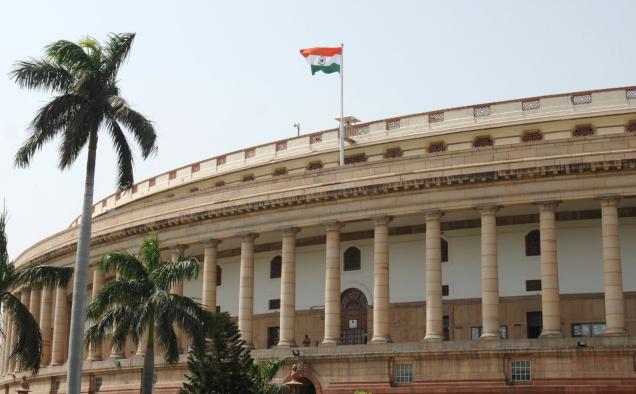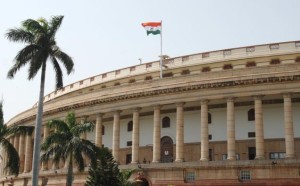‘Requisitioning and Acquisition of Immovable Property (Amendment) Bill, 2017’, a bill providing for amendment to the regulations governing compensation amount payable at the time of acquisition of immovable property by the central government was introduced in the Lok Sabha on July 18, 2017, by Minister of State for Planning, Programme Implementation and Statistics Rao Inderjit Singh.
Background Information:
The Requisitioning and Acquisition of Immovable Property Act that came into force in 1952, empowers the central government to requisition any immovable property and also to acquire them under certain specified conditions.
- The amendment bill to this act has been introduced amid instances of persons interested in a property challenging the acquisition move citing that they were not given the opportunity for personal hearing.
About ‘Requisitioning and Acquisition of Immovable Property (Amendment) Bill, 2017’:
According to the government, there could be situations that result in prolonged litigations and if the apex court quashes the notice of acquisition, there might be astronomical hike in compensation amount on account of market value appreciation.
- Against this backdrop, the amendment bill seeks to amend a section of the Requisitioning and Acquisition of Immovable Property Act to enable the central government to re-issue the notice of acquisition to the owner or such other person
 interested in the property, for the purpose of giving (an) opportunity of being heard.
interested in the property, for the purpose of giving (an) opportunity of being heard. - The owner or the person interested in the property would also be entitled to annual rate of interest — prevalent at any relevant time on the compensation payable — from the date of publishing the first notice till payment of the final compensation.
- As per the proposed provisions in the amendment bill, any enhanced compensation with or without interest awarded by the court or other authority, before the date of commencement of the proposed amendment, shall be subject to the re-issuance of the proposed notice of acquisition and shall be applicable only to the cases of property being acquired for national security and defence purposes.



 interested in the property, for the purpose of giving (an) opportunity of being heard.
interested in the property, for the purpose of giving (an) opportunity of being heard.

